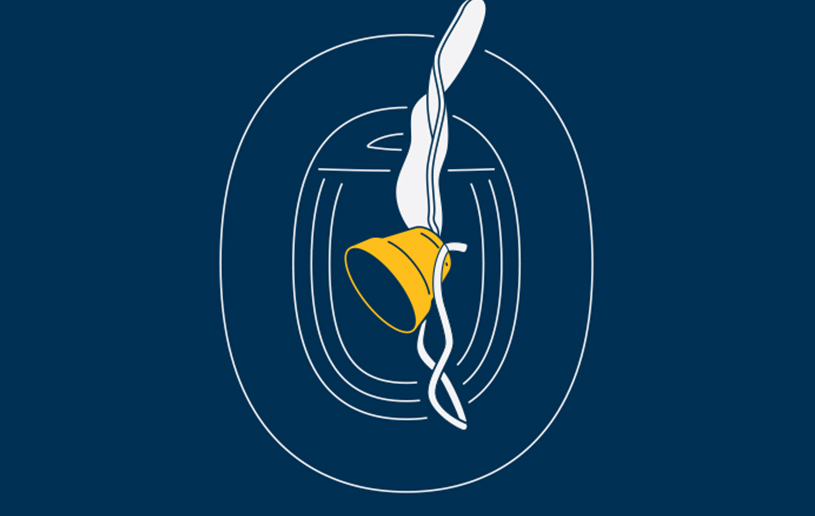
For Christians there is a tension between caring for others and self-care.
Most of us are familiar with the Bible’s exhortations and commands to love, care for, give to, and serve others.
Do nothing out of selfish ambition or vain conceit. Rather, in humility value others above yourselves, not looking to your own interests but each of you to the interests of the others. (Philippians 2:3–4 NIV)
Share each other’s burdens, and in this way obey the law of Christ...whenever we have the opportunity, we should do good to everyone—especially to those in the family of faith. (Galatians 6:2,10)
Taking these verses to heart, there are Christians who pour themselves out to serve others to the point of burnout or breakdown. They believe that when it comes to their Christian service “It is better to burn out than rust out!” But they’re so burnt out you can smell the smoke!
What about doing what is necessary to charge one’s own physical, emotional, and spiritual batteries? To put this issue another way, many people are kind to others but they aren’t kind to themselves. How do we find the balance between caring for others and self-care?
No one is more loving, compassionate, and people-oriented than Jesus. Even He experienced this tension. There were times when Jesus had to break away from ministering and giving to the crowds in order to look after His physical and spiritual well-being.
The apostles returned to Jesus from their ministry tour and told him all they had done and taught. Then Jesus said, “Let’s go off by ourselves to a quiet place and rest awhile.” He said this because there were so many people coming and going that Jesus and his apostles didn’t even have time to eat. (Mark 6:30–32)
Jesus invites His disciples to come apart before they came apart!
In the struggle to find balance in life, there were even times when Jesus tried to get away for rest and refreshment but couldn’t.
So they left by boat for a quiet place, where they could be alone. But many people recognized them and saw them leaving, and people from many towns ran ahead along the shore and got there ahead of them. Jesus saw the huge crowd as he stepped from the boat, and he had compassion on them because they were like sheep without a shepherd. So he began teaching them many things. (Mark 6:32–34)
Having been through a time when I experienced burnout, I learned that finding balance between self-care and caring for others is not just a nice thing to do. It’s really a matter of survival. I learned the basic recharging principle of intentionally doing something different—even opposite of what I normally do.
This applies to four areas.
Spiritual
This is foundational. As those made spiritually alive by the Spirit of God we need to commune with, and abide in Christ through His Word and prayer. Scripture tells us, “Guard your heart above all else, for it determines the course of your life” (Proverbs 4:23). Jesus exemplified for us the necessity of making time to do this. It keeps us spiritually vital and will positively impact every other area of our being.
Physical
We all need a proper proportion of food, exercise, and rest. Most of us have no trouble feeding ourselves. The issue is whether we are fueling our bodies with junk or healthy fuel and how much. Exercise and movement are increasingly important as we age. I believe that when it comes to movement, “First you don’t, then you can’t.” Keep moving even if it’s difficult! Having said that, I constantly remind myself that rest is an activity too. So when it comes to rest are you getting enough?
Emotional
Caring for others can be emotionally draining. To recharge we need emotional variation, engaging our emotions in different directions through regular doses of hearty laughter, uplifting socialization, and periods of silence and solitude.
Mental
Our brain is always working but it needs to work in different ways for re-creation. If your brain is usually engaged with words, give it some numbers to mull over and vice versa. If your work is abstract or people-oriented, do something with your hands to move your brain to think differently and stimulate the creative part of your brain.
I’ve concluded that knowing when to care for others and when to prioritize self-care is like investing. We take a sum of money and invest it. Then we give to others out of the dividends from the investing. But if we give away the capital, we have nothing left to give. If we want to continue giving, then we have to protect the capital, which represents ourselves.

